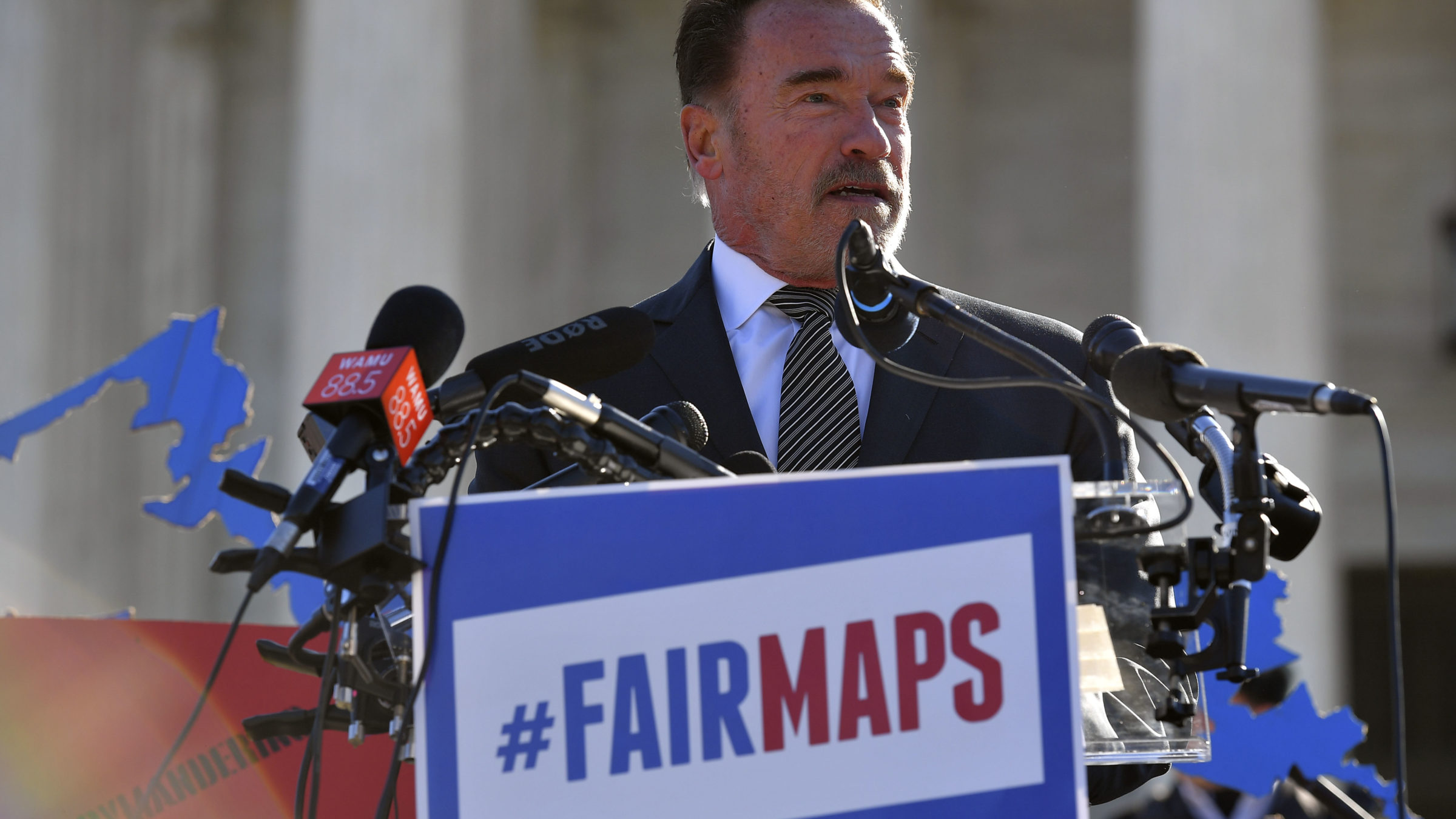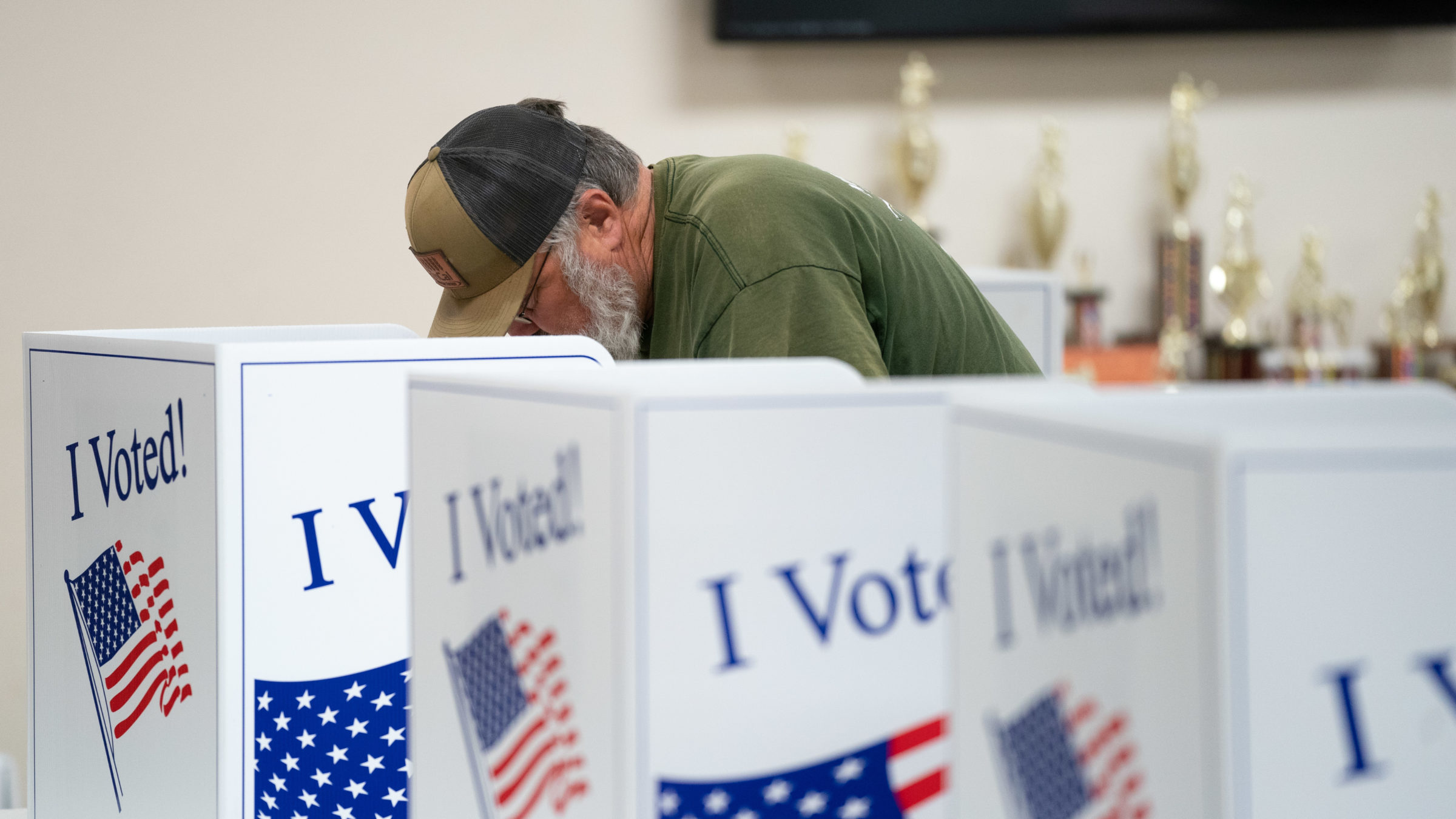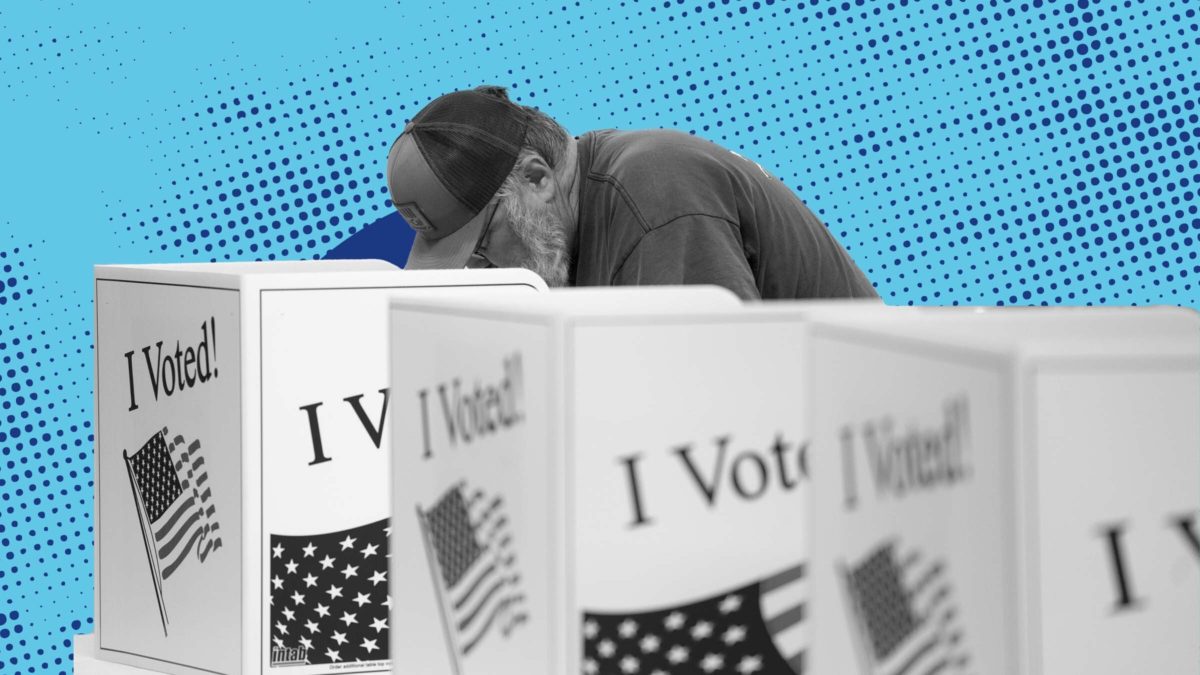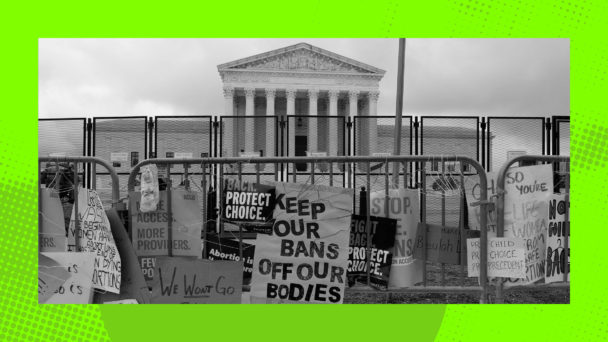Editor’s note: This month, we’ll be taking a closer look at some of the most consequential cases the Supreme Court—the most conservative Supreme Court in a century—will decide in its upcoming term. Today: Moore v. Harper, a case about whether, as a matter of constitutional law, Democrats will ever be ever allowed to win elections again.
In its upcoming term, the Supreme Court will decide Moore v. Harper, a case about whether North Carolina state courts can hear a challenge to an egregious partisan gerrymander put forth by Republican lawmakers. The case presents the Court’s conservative supermajority with its latest chance to bolster the independent state legislature theory—the notion, increasingly popular among Republicans, that the Constitution gives state lawmakers unchecked power over the administration of federal elections, no matter how cynically and anti-democratically those state lawmakers may wield it.
North Carolina lawmakers have fought for centuries to suppress the power of voters of color. After the Civil War, they instituted a literacy test that exempted anyone who was eligible to vote in 1867, ensuring that no prospective Black voters could get around it. Today, although Black men comprise about 21 percent of the state’s voting-age population, they are 42 percent of those barred from voting because of felony convictions, according to Forward Justice. When Congress passed the Voting Rights Act of 1965, this sordid history landed North Carolina on the list of jurisdictions required to clear changes to their voting laws with the Department of Justice or a federal judge in Washington first. In 2013, after the Supreme Court functionally ended preclearance in Shelby County v. Holder, state lawmakers passed strict voter ID requirements and eliminated same-day voter registration less than a month later.
Race discrimination has also been a hallmark of the state’s decennial redistricting process. After the Republican-controlled legislature proposed new maps to align with the results of the 2010 Census, voters promptly sued, claiming that the maps considered the race of voters in violation of the Equal Protection Clause of the Fourteenth Amendment. In 2016, a federal court ordered the legislature to redraw the maps, which the Supreme Court affirmed in Cooper v. Harris.
Voters also challenged the 2010 maps under the North Carolina state constitution, which includes its own equal protection provision and requires, among other things, that “all elections shall be free.” In 2019, a three-judge panel of the North Carolina Superior Court held that the 2016 maps—the maps that were supposed to fix the racism of the 2011 maps—ran afoul of the state constitution, too.

As the Supreme Court prepares to hear oral argument in a 2019 case about partisan gerrymandering in North Carolina, pro-democracy demonstrators hear remarks from, uh, former California governor Arnold Schwarzenegger, which, sure (MANDEL NGAN/AFP via Getty Images)
After the 2020 Census, Republicans promptly started this process over again: In a state Donald Trump won by just 1.3 points, their proposal would have locked in 10 of 14 congressional seats for Republicans, effectively transforming the state into a deep-red stronghold. (Although partisan gerrymandering and racial gerrymandering are distinct, the former is often a proxy for the latter.) A trial court found that the proposal was “more carefully crafted to favor Republicans than at least 99.9999%” of possible maps, and “could only have resulted from an intentional effort to secure Republican advantage.”
The GOP fared no better at the North Carolina Supreme Court, which affirmed the lower court’s order and refused to grant lawmakers “unlimited power” to “keep themselves in office as long as they want.” It appointed a bipartisan trio of former judges as special masters to review the legislature’s attempts at a do-over. After the panel determined that the adjusted congressional map was still an illegal partisan gerrymander, it made “careful, minimal adjustments” to that map for use in the 2022 midterm elections.
In March, the U.S. Supreme Court denied Republicans’ emergency request to block the special masters’ maps from taking effect. Three months later, however, the Court granted cert on the question of whether the state court had the authority to intervene in the redistricting process. The special masters’ maps will be in place this fall, but the distribution of political power for the rest of the decade hangs in the balance.
When the Court turned Republicans away in March, Justices Samuel Alito, Neil Gorsuch and Clarence Thomas dissented, calling the request an “exceptionally important and recurring question of constitutional law.” The Court’s failure to intervene leaves Republican lawmakers “irreparably harmed,” Alito wrote, “because they will be deprived of their constitutional prerogative to draw the congressional map in their State.”
Alito and company are referring here to the independent state legislature theory, your favorite election denier’s favorite thought experiment. Articles I and II of the Constitution together state that rules for holding federal elections shall be prescribed in each state by the “legislature thereof.” ISL enthusiasts interpret “legislature” literally and exclusively, arguing that it gives state lawmakers sweeping power to regulate federal elections without having to worry about intervention from other branches of state government. In theory, lawmakers could enact rules that contravene a state constitution, a voter initiative, a state court order, or a gubernatorial veto.
ISL enjoyed its 15 minutes of fame in a Bush v. Gore concurrence written by Chief Justice William Rehnquist, who voted to stop a Florida Supreme Court-ordered recount and effectively handed the 2000 election to George W. Bush. “This inquiry does not imply a disrespect for state courts, Rehnquist wrote, “but rather a respect for the constitutionally prescribed role of state legislatures.” Since then, ISL has made little headway at the Supreme Court: In 2015, the justices shut down Arizona’s attempt to use it to block a voter initiative aimed at curbing partisan gerrymandering. “Nothing in that Clause instructs, nor has this Court ever held, that a state legislature may prescribe regulations on the time, place, and manner of holding federal elections in defiance of provisions of the State’s constitution,” Justice Ruth Bader Ginsburg wrote.
In the aftermath of Trump’s loss in the 2020 presidential election, though, ISL is making a dramatic comeback in elite conservative circles. Were the special masters’ maps to remain in place, Alito argued, “the public interest will be disserved.” His opinion made no mention of North Carolinians robbed of political power by gerrymandered maps, because for Alito, Gorsuch, and Thomas, “the public” isn’t North Carolina voters. It is a very small circle of their fellow Republicans whose interests they must prioritize.

A man votes at a polling location on May 17, 2022, in Norwood, North Carolina (Photo by Sean Rayford/Getty Images)
The elevation of state legislatures at a time when they are disproportionately dominated by Republicans is not a coincidence. Right now, the GOP controls 62 state legislative chambers to the Democrats’ 36. If the Court were to endorse the independent state legislature theory in Moore, Republicans searching for ways to steal the next election would enjoy a clear path forward. The list of amici who have lined up to support North Carolina’s legislature is a who’s who of conservative power players: Federalist Society executive Leonard Leo’s Honest Elections Project, John Eastman’s Claremont Institute Center for Constitutional Jurisprudence, former Trump Attorney General William Barr’s Restoring Integrity and Trust in Elections, and, of course, the Republican National Committee are all keenly aware of the stakes.
Moore fits neatly into the Court’s long history of chipping away at voting rights by closing off avenues for voters to meaningfully challenge anti-democratic laws. Just three years ago, it declared partisan gerrymanders to be beyond the reach of federal courts in Rucho v. Common Cause. If there are five votes to remove the checks and balances imposed by state courts and governors, too, Republicans will be free to do whatever they want with future election results, up to and including ignoring those results outright. The only power the Court is unwilling to curb is its own.




